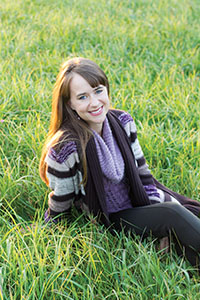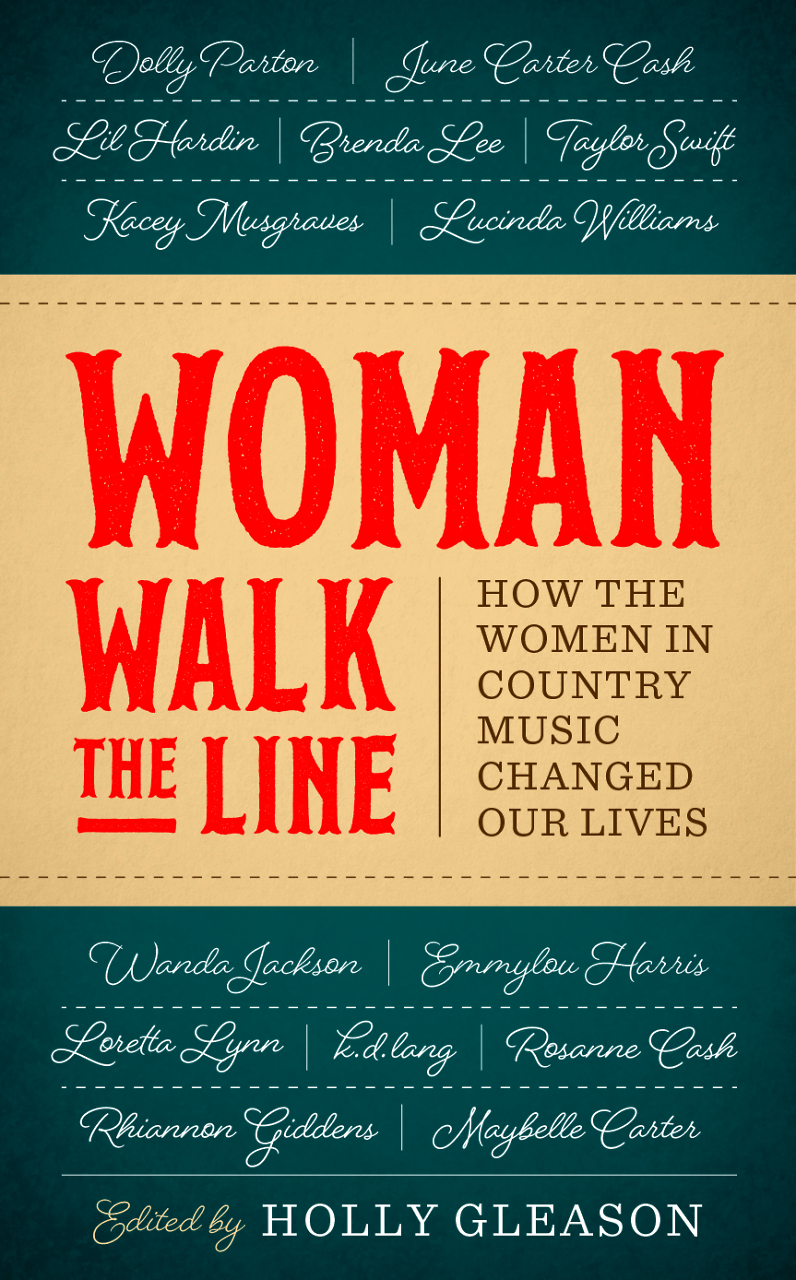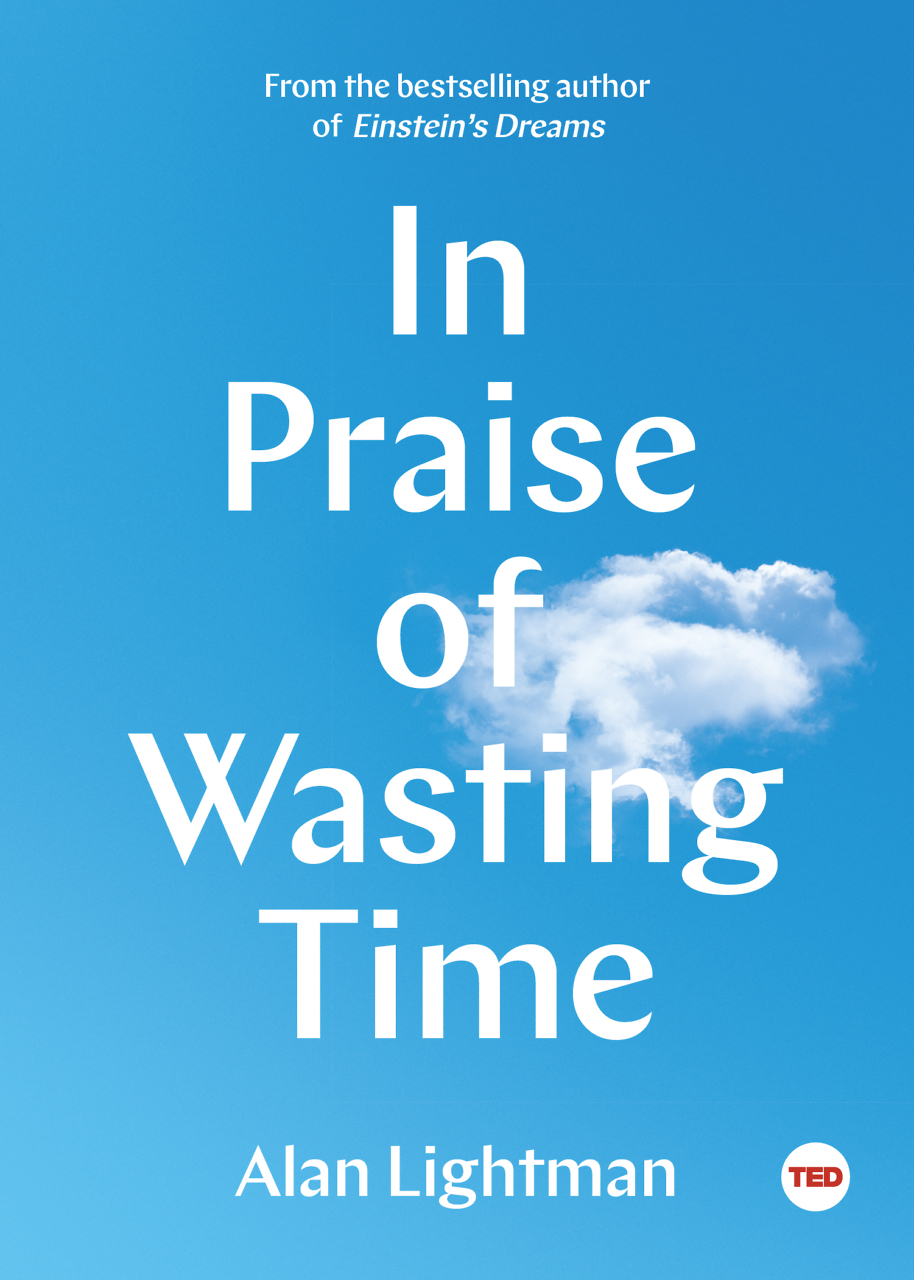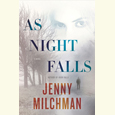Not Every Apocalypse Has Zombies
In The Alliance, Jolina Petersheim considers faith in a time of apocalypse
Jolina Petersheim’s latest novel, The Alliance, explores what morality means when the world ends as you know it. While no zombies roam this fictional landscape, the residents of the Old Order Mennonite community at the heart of the story must face some hard choices that put their faith and their lives to the test.
 As the novel opens, a small plane crashes in a Mennonite community in Montana. At the same moment, a store at the edge of the town loses electricity, and the Englischer (non-Mennonite) tourists who stop by for food and homemade goods are stranded, their cars and phones no longer working. The pilot, war veteran Moses Hughes, suspects that the cause of the various breakdowns is an attack of some kind that has left human beings untouched but the nation’s infrastructure ruined. With no idea how widespread the attack is or how long it will last, the community and the stranded outsiders try to come up with a plan for survival.
As the novel opens, a small plane crashes in a Mennonite community in Montana. At the same moment, a store at the edge of the town loses electricity, and the Englischer (non-Mennonite) tourists who stop by for food and homemade goods are stranded, their cars and phones no longer working. The pilot, war veteran Moses Hughes, suspects that the cause of the various breakdowns is an attack of some kind that has left human beings untouched but the nation’s infrastructure ruined. With no idea how widespread the attack is or how long it will last, the community and the stranded outsiders try to come up with a plan for survival.
How to survive is the basic plot line of every apocalyptic novel, of course. What makes Petersheim’s story stand out is the specific post-apocalyptic conflict that arises within the Mennonite community itself, a community of nonviolence, a community which believes in welcoming the downtrodden and the hungry. The outsiders want to put up a wall against anyone fleeing nearby cities and towns. They want weapons. The Mennonites also want to survive, but they do not want to give up their identity to do so.
There is another narrative advantage in setting an apocalyptic novel within a Mennonite community. The lack of modern amenities allows the story to take a slower pace; the reality of the new world has time to sink in. Leora Ebersole copes by cleaning: “There’s nothing like the demolition of modern society to make me want to clean house. The past two days, under the guise of ascertaining how much food we have, I’ve organized our cellar and pantry. Under the guise of trying to let in as much light as possible, since we’re conserving the oil in our lamps, I’ve used vinegar and newspaper to scour our windows. I have no real excuse to clean baseboards, but it’s soothing to get down on my hands and knees and use an old toothbrush to eradicate grime.”
But Leora is no saint. Despite a certain amount of sympathy, she can’t help feeling annoyed with the Englischer woman who’s too depressed to get out of bed. And her frustration with the expectations of the community grows as she struggles to care for her grandmother, brother, and sister after their mother’s death and their father’s desertion. Nevertheless, she’s clearly the hero of this tale as Jabil, a Mennonite, and Moses, an outsider, vie for her affection and the chance to keep her safe.
Petersheim brings to life the starkness of this new society as Leora looks out on the first group of refugees who have found the wall:
Though early August, many are wearing hats, scarves, and heavy wool or down-filled coats, the buttons and zippers straining to contain a winter’s worth of layers. Most are rolling suitcases or carrying backpacks or bundles of blankets and clothes, tied with bungee cords or whatever ropelike material they could find. Others are pushing carts no doubt pilfered from the two grocery stores in town and piled high with the detritus of life. … To the child, this new way of life is only a game, and I wonder how long his parents can keep up the façade. The woman pushing the cart—his mother, I presume—with her stooped back and empty expression, looks world-weary in a way that I’ve never seen before. In eleven days, how can we have become refugees in our own native land?
As fans of apocalyptic fiction know, the worst dangers sometimes lurk closest to home, and Leora, especially, must come to terms with what she is willing to do to protect her family. Even from her own community.

Faye Jones, dean of learning resources at Nashville State Community College, writes the Jolly Librarian blog for the college’s Mayfield Library. She earned her doctorate in nineteenth-century literature at Indiana University of Pennsylvania.


